By Brianna Allard

Over the next few months many of the conversations we will have with one another will revolve around the upcoming presidential election. Hillary Clinton or Donald Trump: who is it going to be?
Rather than ask who my friends are going to vote for, I usually ask if they are going to vote at all. This is a very troubling discovery: voter turnout is already an issue in our democracy, and I predict that the numbers will be low during this year’s presidential election.
If we take a look through American history, we find many instances in which individuals fought for the right to vote. At the root of the American Revolution was a group of citizens who wanted representation within their government. In the 60s, African-Americans marched, boycotted and spoke out for their right to vote. In the early 20th century, women did the same.
Yet today, many American citizens see voting as a chore rather than a right. Voter turnout in the last presidential election in 2012 dipped down to 57.5 percent, according to the Bipartisan Policy Center. Almost half of Americans did not exercise their right to choose the person who was to lead the nation for the next four years.
There has to be a reason behind this dip in voter participation. Half of registered voters did not simply meet up one day and decide to not vote because they did not want todrive to their town halls. Not voting is as much a political statement as casting a ballot. So why are so many citizens declaring they have given up on their own country’s political system?
As aforementioned, the root of this problem is the frustration many American citizens feel with the political system in place today. Between the electoral college, the super PACs and the candidates, many feel as if their votes do not matter.
This is false. If more people were to cast their votes more often, many of the grievances they have with the political system would disappear. Take the candidates, for example: many people are not voting because they feel that in November they will have to choose the lesser of two evils.
This situation could be avoided entirely if everyday citizens invested themselves in the election process during the primaries. By investing their time and interest into the race, and finding and supporting a candidate who represents their beliefs, citizens would cater the race towards themselves rather than big interest groups. If we all did that, the presidential race may have looked a lot differently than it does today.
Americans’ apathetic attitude towards voting is rooted in their poor relationship with the U.S. government.
By refusing to participate in the voting process in any political race, from local state office to the highest office in the land, everyday American citizens have generated a situation in which many feel helpless in the process of choosing their representatives. Due to the lack of participation from the American populace, the election process has gotten out of hand. As a result, more and more citizens feel disenfranchised and are choosing not to vote.
Yet, there is a simple solution to this complicated web of problems: invest yourself in the political process again. Research the candidates, talk about why you like who you like and most importantly: vote. For many of us here at Fordham, this is the first time we have the chance to vote in a presidential election. Do not let that opportunity go to waste. When Nov. 8 rolls around, be one of the Americans to vote for your leader for the next four years. If you do not like Clinton or Trump, go third party, but vote no matter what.
Now, I know what many of you are thinking: “I am not from New York and I will not be home to vote.” File an absentee ballot. We all know how to use the internet, so utilize it. Mail it in before it is too late. The only way to improve the political system that many people see as broken is to get involved, and that means you need to vote.
Brianna Allard, FCRH ’18, is an international studies major from Somers, Connecticut.





































































































































































































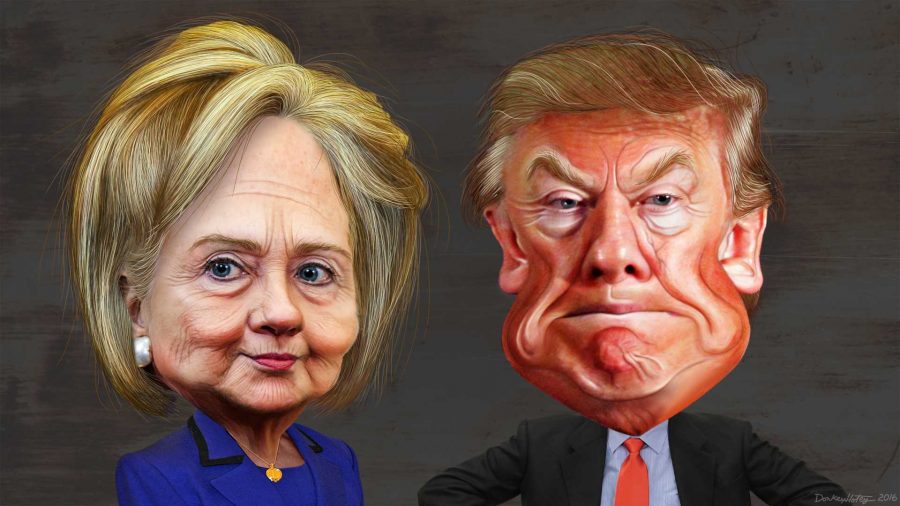






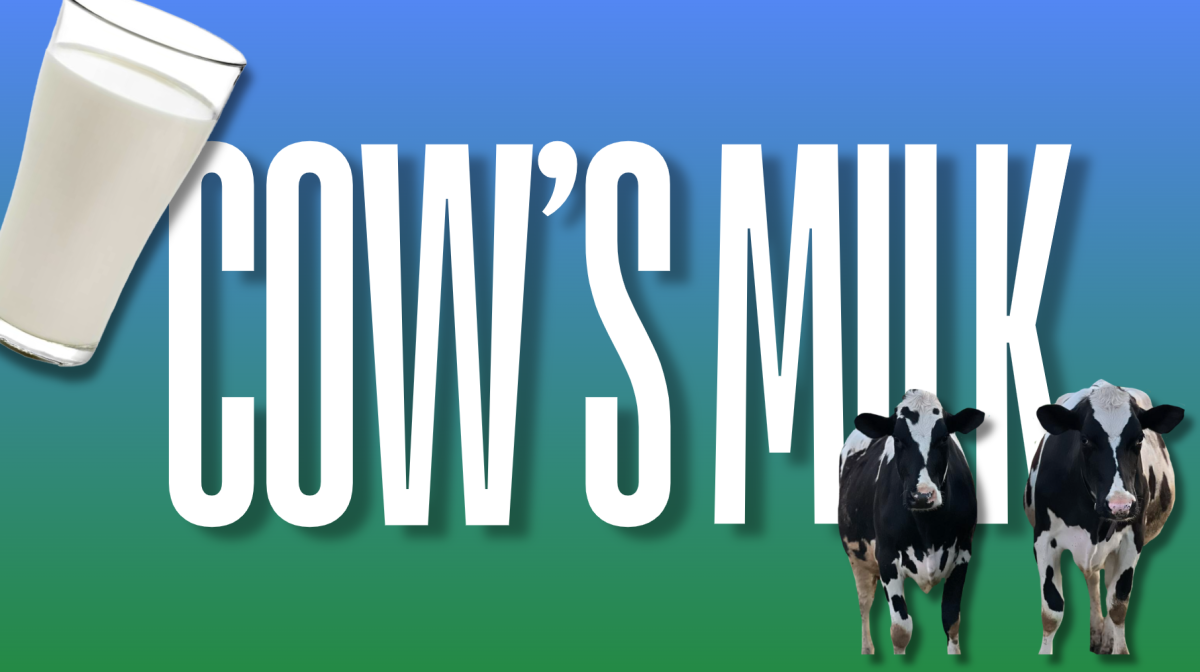
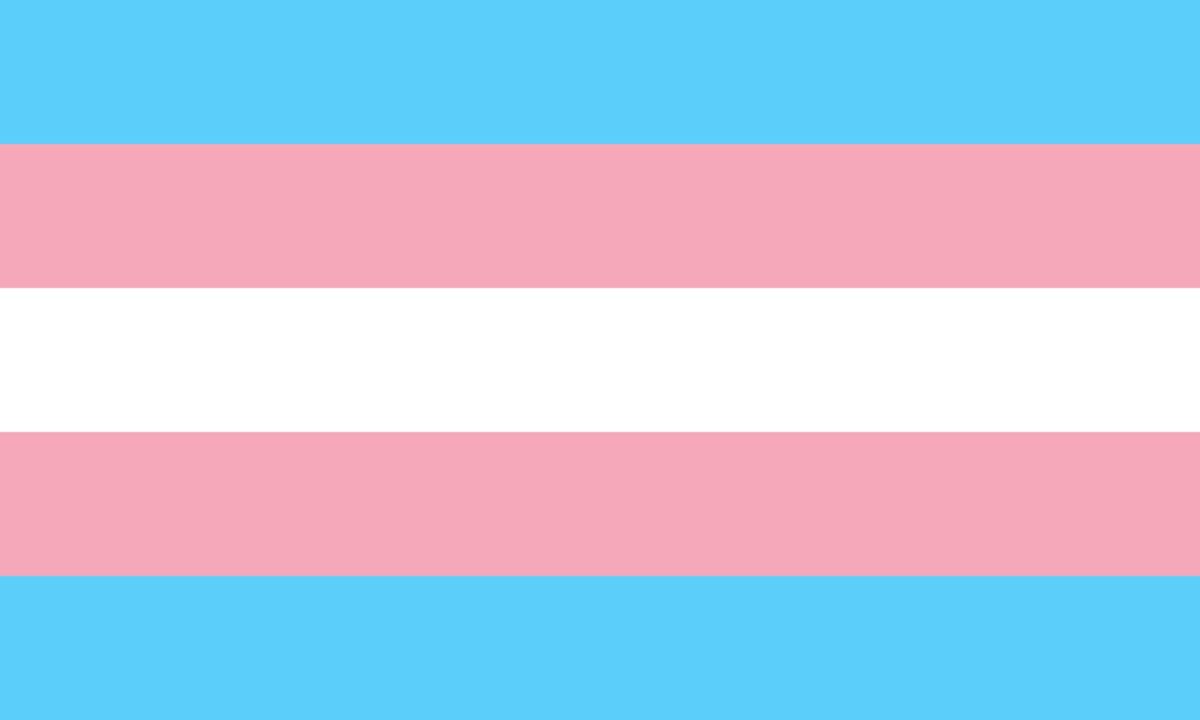
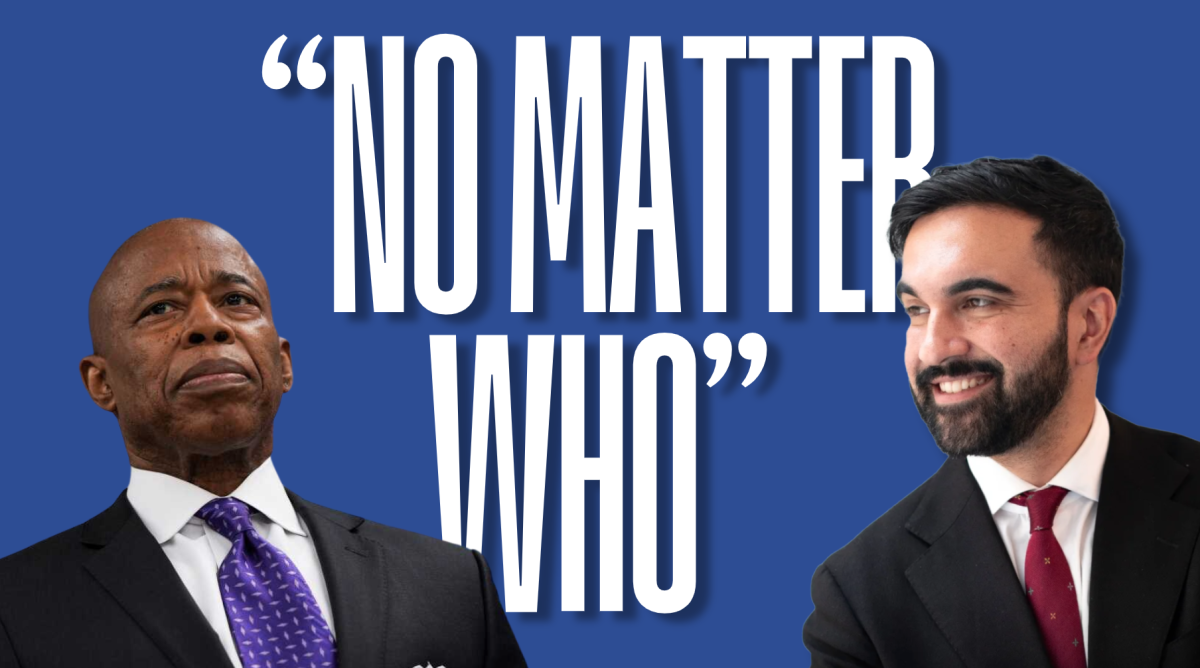
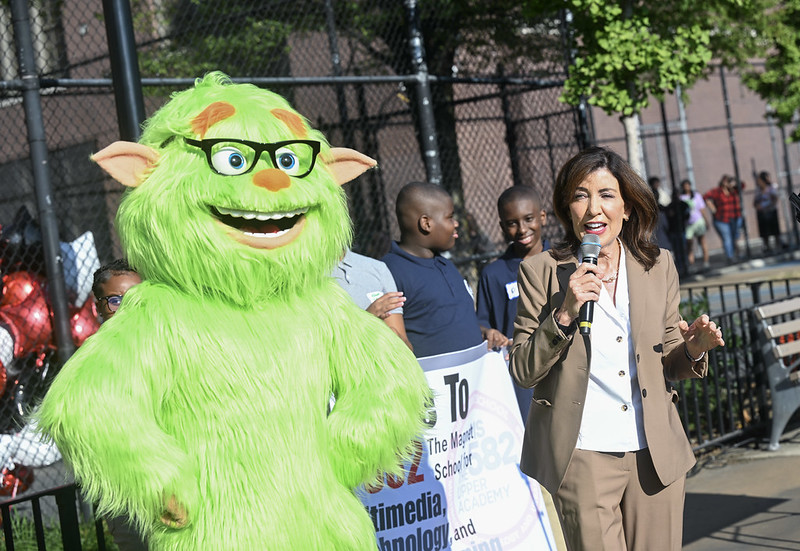
Bright Leaf (@BenArisson) • Sep 7, 2016 at 1:50 pm
The sentiments reflected in this article are completely false. Voter turnouts today are not much different than they have been historically, and in fact are higher than the average for the last 30 years:
http://www.presidency.ucsb.edu/data/turnout.php
Furthermore, this election is predicted to have a greater turnout than in 2012:
http://www.rasmussenreports.com/public_content/political_commentary/commentary_by_rhodes_cook/high_primary_turnouts_any_clues_for_the_fall
Many people are very excited about Donald Trump, and the Republican primaries had an increased turnout of more than 60% compared to 2012. The fact that overwhelmingly progressive college students are generally uninterested in neither of the major candidates is not surprising, and the author’s personal encounters do not represent the opinions of the country at large.
Lastly, voting is not a right, but a privilege granted or withheld at the discretion of local and state governments. http://reclaimdemocracy.org/right_to_vote/
Even if it were a right, that does not make it mandatory, and it should not be mandatory. If a person is completely uninformed about the candidates and the issues, he or she should not vote just for the sake of doing it. Some people do not have the time or interest in politics to read up on these things and they should not be shamed about it.
Richard Layman • Sep 7, 2016 at 8:41 am
Apathy is a dependent variable, not an independent variable. It is constructed. cf. http://urbanplacesandspaces.blogspot.com/2016/09/voting-vs-civic-participation-elections.html